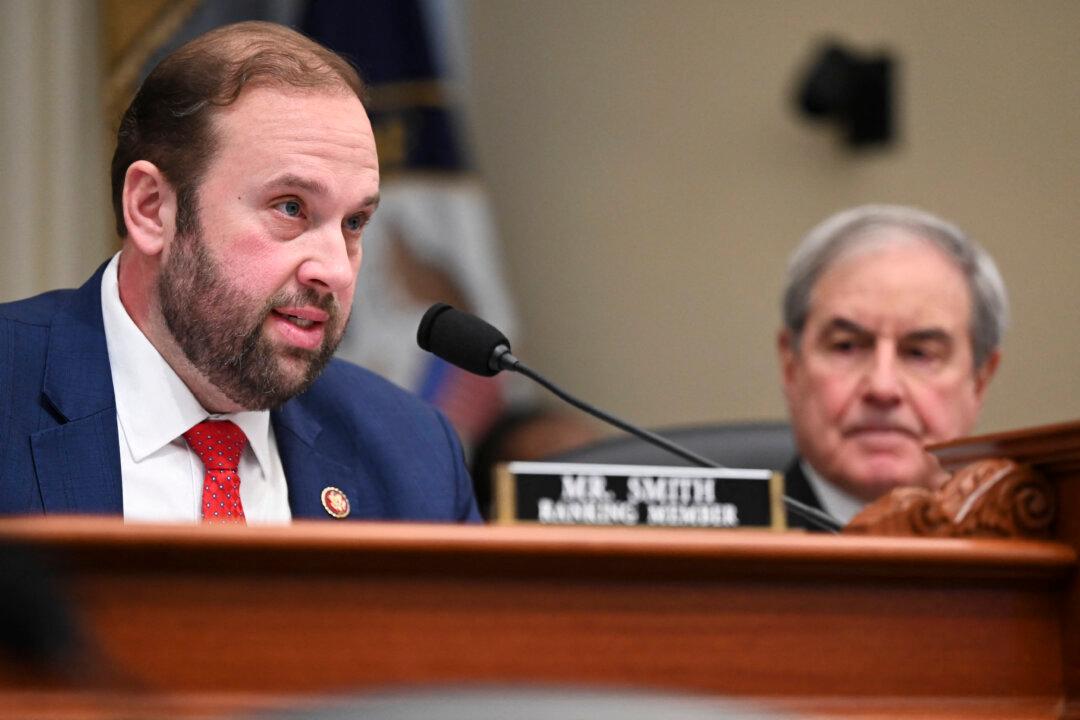House Republicans have unveiled a major tax cut proposal as part of a broader package of measures that seek to grow jobs, bolster small businesses, and provide relief to inflation-squeezed households by leaving more of their hard-earned dollars in their wallets.
The tax cut proposal comes as part of a trio of bills introduced on June 9 by Rep. Jason Smith (R-Mo.), chairman of the House Ways and Means Committee.





